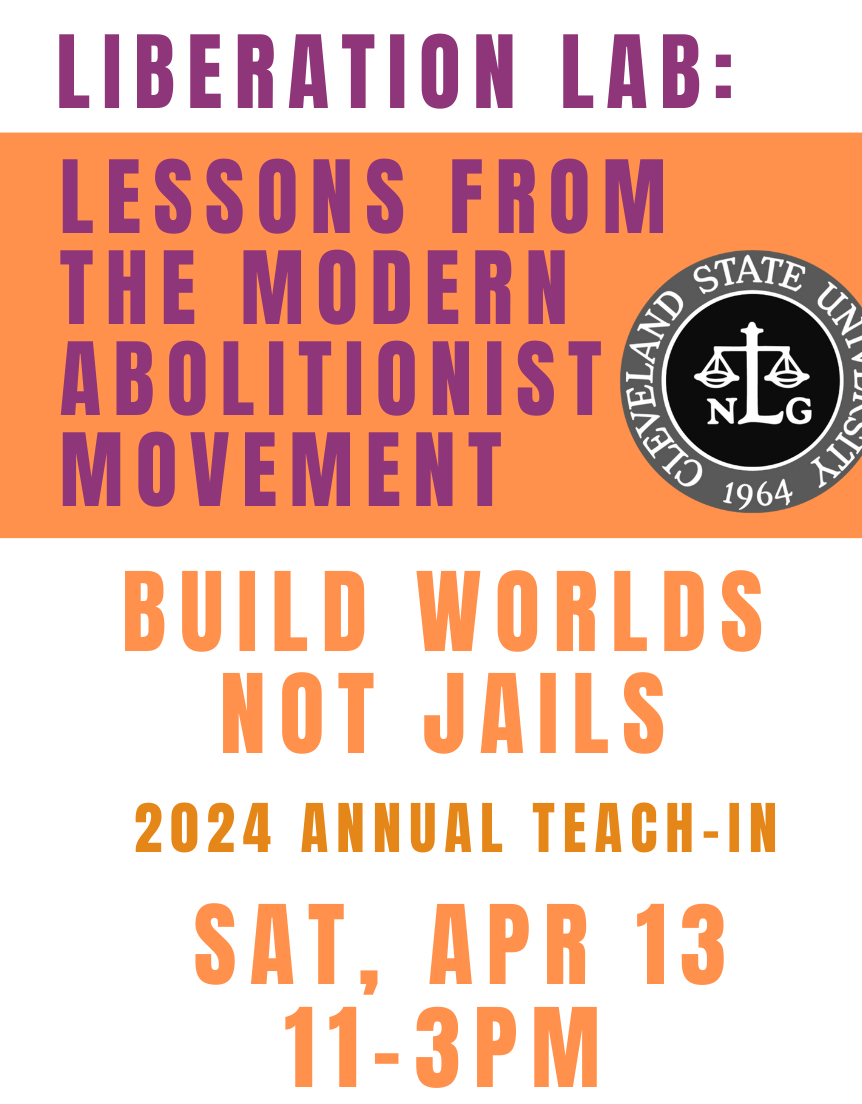At the end of its seventh year, the implementation of the 2016 Colombian Peace Accord is at a critical midpoint. A new report from the Peace Accords Matrix (PAM) at the Keough School of Global Affairs’ Kroc Institute for International Peace Studies details the current status of the accord's implementation, highlighting progress and challenges as the peace process enters the second half of its 15-year plan.
The eighth comprehensive report, “Seven Years of Final Accord Implementation: Perspectives to Strengthen Peacebuilding at the Halfway Point,” covers December 2022 to November 2023, using quantitative and qualitative data to assess the implementation of all 578 stipulations in the agreement.
Key events during this period include the government's focus on the Total Peace policy, aimed at negotiating with illegal armed actors for sustainable peace, and the regional elections in October 2023, along with the adoption of the National Development Plan (PND) 2022–2026.
Data reveals that 10% of stipulations have not started, 39% are minimally implemented, 19% are at an intermediate stage, and 32% are completed. Most points in the agreement saw changes in implementation levels, except for the Problem of Illicit Drugs. Integral Rural Reform (Point 1) and Verification and Monitoring Mechanisms (Point 6) were particularly dynamic but remain among the least implemented.
Although implementation has continued over the past seven years, progress has been slow since 2019. This trend saw a slight improvement in 2023, with 2% of stipulations initiating implementation, up from 1% in 2022.
Effective peace agreements maintain momentum early and mid-term. However, there is concern about completing the remaining 49% of commitments within the 15-year deadline. The disparity in implementation levels is partly due to the complexity of reforms and partly to ineffective or incomplete implementation, particularly in gender, ethnic, and territorial integration.
The report concludes with recommendations for strengthening the implementation process, including transparent execution of the PND, convening the Peace Cabinet, and reviewing the Framework Plan for Implementation. The Kroc Institute has also produced a policy brief summarizing key points and released several prior reports on various aspects of the peace process.


